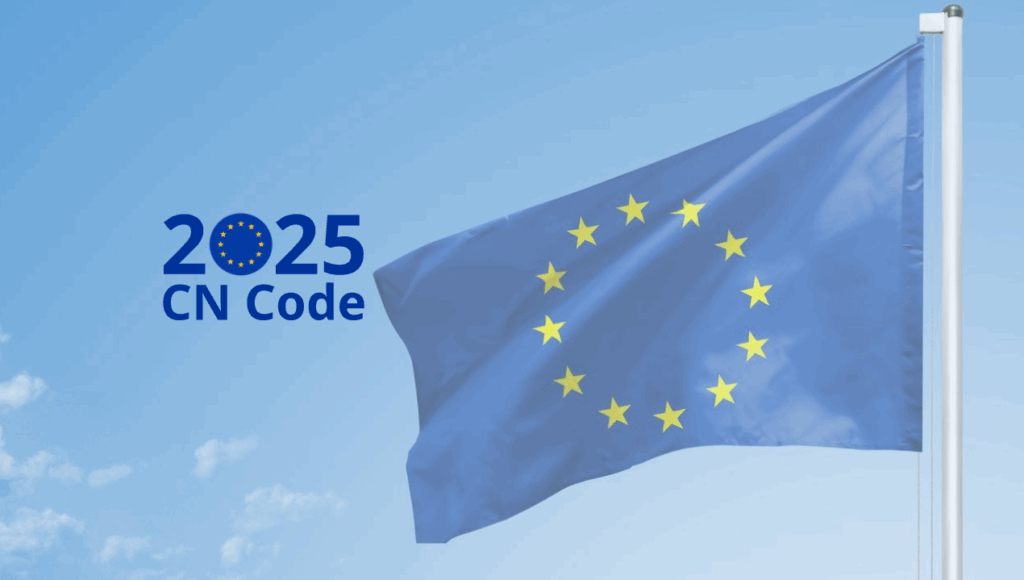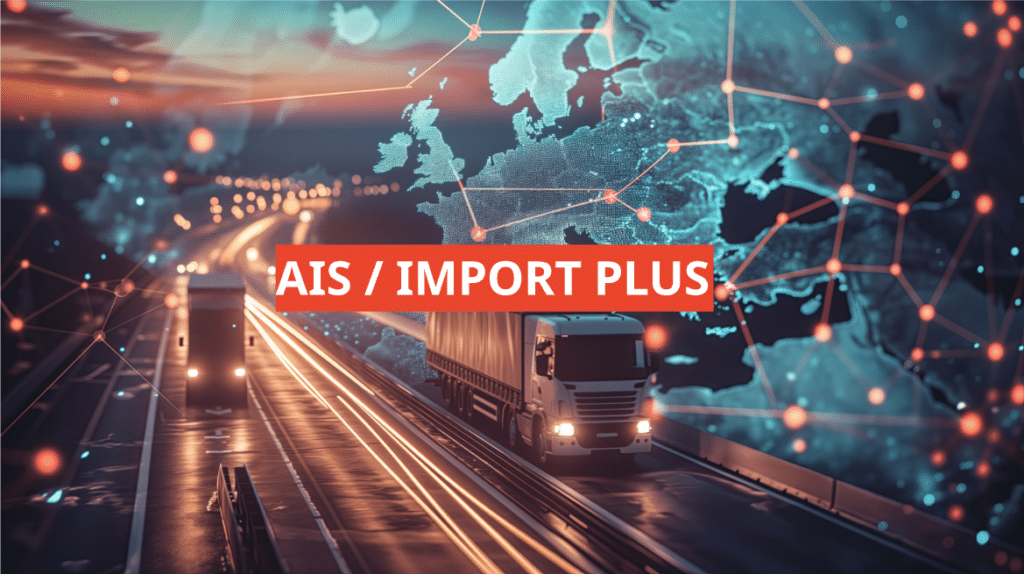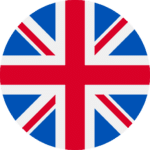Importers of CBAM goods are advised to prepare for the reporting requirement that will apply during the CBAM transition period from October 1, 2023 to December 31, 2025. The requirement applies to both individuals and businesses. The report can be submitted by the importer or its representative.
The Carbon Border Adjustment Mechanism (CBAM) aims to align greenhouse gas prices from imports with those of EU-produced products. This involves selected imported goods that would also be priced under the EU Emissions Trading Scheme (EU ETS), which has been in place since 2005, if they were produced in the EU. The CBAM is thus intended to ensure that domestic manufacturers have the same competitive opportunities in terms of greenhouse gas costs as their competitors from third countries (“level playing field”) – at least as far as imports and the EU market are concerned. For exports, there will be no CBAM reimbursement system for emission costs.
What should I do now?
Be sure to obtain all the information you need for the transition period reports from the manufacturer or seller of the goods. For the first report, which must be submitted to the Commission no later than January 31, 2024, you will need information covering the period from October 1 through December 31, 2023. This information will include:
– the quantity of imported goods
– direct and indirect emissions from the goods
– any carbon prices paid in the country of origin and any offsets received in return.
Please note that the calculation method for direct and indirect emissions will be determined later.
Companies should also now verify that they have an EORI number, a company identification number required for customs transactions.
To whom do the new obligations apply?
The requirement to submit reports during the transition period and obtain CBAM certificates affects all individuals and businesses importing CBAM goods.
CBAM goods?
- For example, CBAM goods include certain iron and steel products, fertilizers, aluminum and cement products, and hydrogen and electricity. For example:
- – Certain iron and steel products
- – Derivative goods such as screws, bolts and washers
- – iron ores
- – certain fertilizers
- – certain aluminum products
- – certain cement products
- – certain chemicals
- – electricity.
- The CBAM regulation does not apply to the following:
- – Shipments of low value, i.e., not exceeding 150 euros (Customs Duty Exemption Regulation, Article 23).
- – CBAM goods carried in personal luggage, the total value of which does not exceed 150 euros
- – Goods used for military purposes
- – Goods originating in Iceland, Liechtenstein, Norway or Switzerland
- – Goods originating in the
- – the territories of Büsingen, Helgoland, Livigno, Ceuta or Melilla.
Obligations during the transition period October 1, 2023-December 31, 2025:
Reporting obligation to the Commission
– Importers or their representatives shall submit quarterly reports to the Commission on imports of CBAM products.
– The report shall include the following information: Quantity of imported goods, direct and indirect product emissions, carbon costs paid in the country of origin, and resulting offsets.
– Please note that the calculation method and reporting method for direct and indirect emissions will be determined later. They will be published in the Commission’s Implementing Regulation once it is adopted.
– The annual reporting deadlines are January 31, April 30, July 31, and October 31.
Please note that the report may be submitted with insufficient data. If the missing information is not submitted by the deadline or if the entire report is missing, a penalty may follow and subsequent obtaining of the CBAM reporting certificate may be impeded.
How to prepare
- – Find out if your imported goods are CBAM goods covered by the CBAM regulation.
- – Make sure you get all the information you need from the manufacturer or seller of the goods for reporting during the transition period.
- – Make sure your company has an EORI business ID that you need to import and report CBAM goods.
- – Create a process for reporting.
- – Record import data to be reported starting October 1, 2023, and prepare to report to the EU Commission.
- – To avoid penalties, please report the data on time, then you can apply for a CBAM reporting certificate.
- – Prepare for after the transition period: acquire the CBAM reporting certificate as early as 2025.
- – Keep yourself informed about the situation.
Preparation of EU and national legislation
The regulation on the carbon adjustment mechanism, approved by the European Parliament and the Council, was published in the Official Journal of the EU on May 16, 2023; it entered into force on May 17, 2023.
In August 2023, the EU Commission adopted detailed reporting requirements for the transitional period of the CO2 limit adjustment system.













